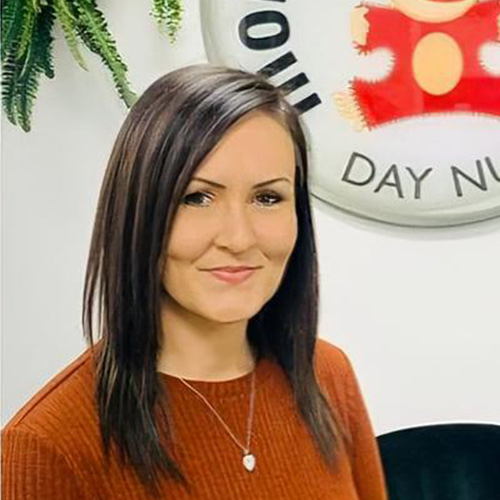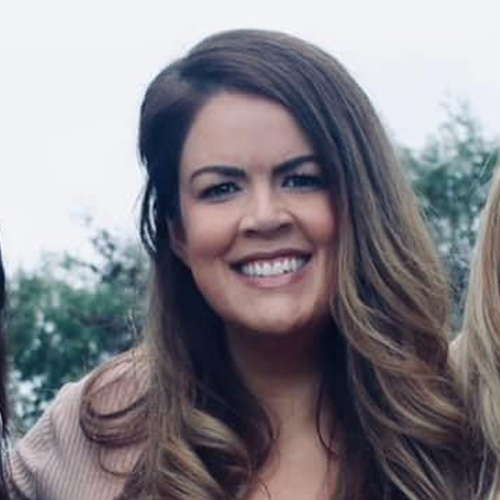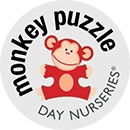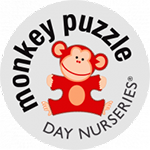Within the early years sector, you will often hear of the nursery environment being used as the third teacher, after parents and educators. This is because children will naturally discover and learn in spaces which are enabling.
When considering the environment, it’s important to understand that it is not just the physical, such as indoor and outdoor, but also the emotional. Children deserve to feel safe and secure in their surroundings, and when they do it promotes healthy mental well-being, stability and actively supports child development.
Enabling environments indoor and outdoor creates important spaces for learning to happen which should be welcoming and interesting for all children. The core provisions in the environment should be engaging and stimulating so that children can lead their own learning and grow and develop to be resilient, confident, and self-assured. Variation is also key to creating awe and wonder – to enhancing those magical moments and points of interest to spark communication and exploration. An environment should be exciting and reflective, offering opportunity through a balance of new and familiar play possibilities. This includes opportunities for risky play which supports children to challenge themselves with the support of practitioners. An enabling environment should also include visual aids and resources that are reflective to the children accessing the provision.
Outdoor environments should allow children to fully immerse themselves into natural spaces and their surroundings. Several variations of learning can take place outdoors, whether this be learning about nature and the living things around us or engaging in physical play and developing gross motor skills. The outdoor environment should offer learning opportunities on a bigger scale. Research shows that some children learn better outside than they do inside, this is often the case with boys.
Environments should be tailored to meet the needs of the children, and practitioners must be available to provide enhancements and offer individual teaching. It is important for children and practitioners to have the tools on offer to extend learning.
Great environments allow for the 7 areas of learning to be blended and should offer a natural well-planned space to play, where children can make choices and facilitate their own play with there interests.

Gemma Nance
Head of Operations
Gemma is our Head of Operations at Monkey Puzzle Day Nurseries and brings a wealth of experience from working for some of the largest nursery care providers in the UK. With a background in Early Years Education, Gemma leads our Monkey Puzzle Operations Quality Team, ensuring our nurseries continue to provide the excellent early years care that they do and helping them to progress and develop even further.

Jess McCarthy
Early Years Quality Manager – Monkey Puzzle Day Nurseries
Jess is one of our fantastic Early Years Quality Managers at Monkey Puzzle Day Nurseries, responsible for offering leadership and guidance to our nurseries, ensuring they maintain the outstanding childcare that we deliver. A strong leader with excellent communication skills, Jess has worked in a variety of childcare roles before joining Monkey Puzzle, working at all levels within nursery settings. Jess draws from her wide experience of early years education to support our teams, building relationships and passing on her invaluable knowledge to help them to continue to drive forward for even more success.






